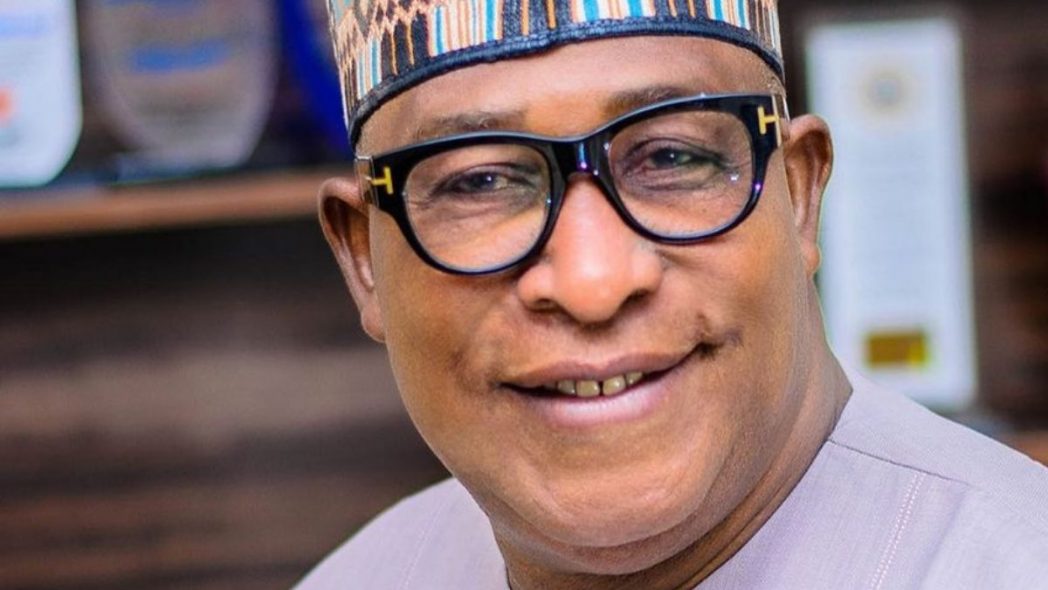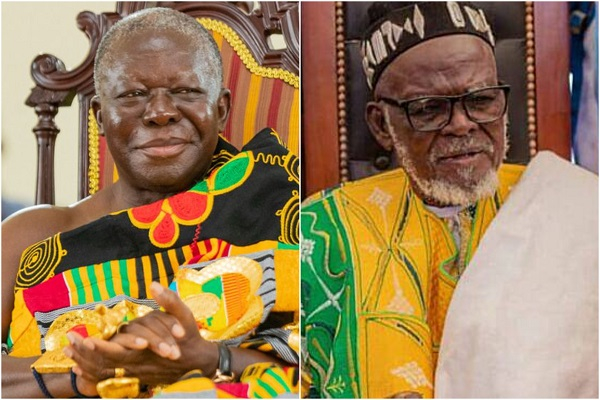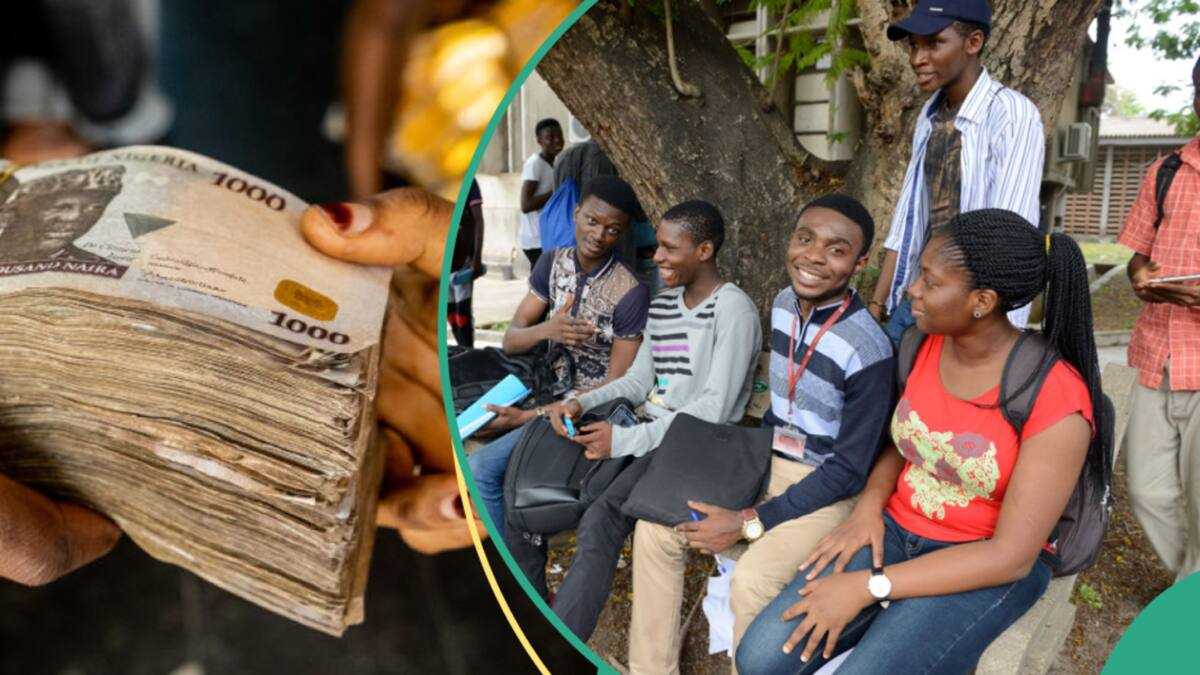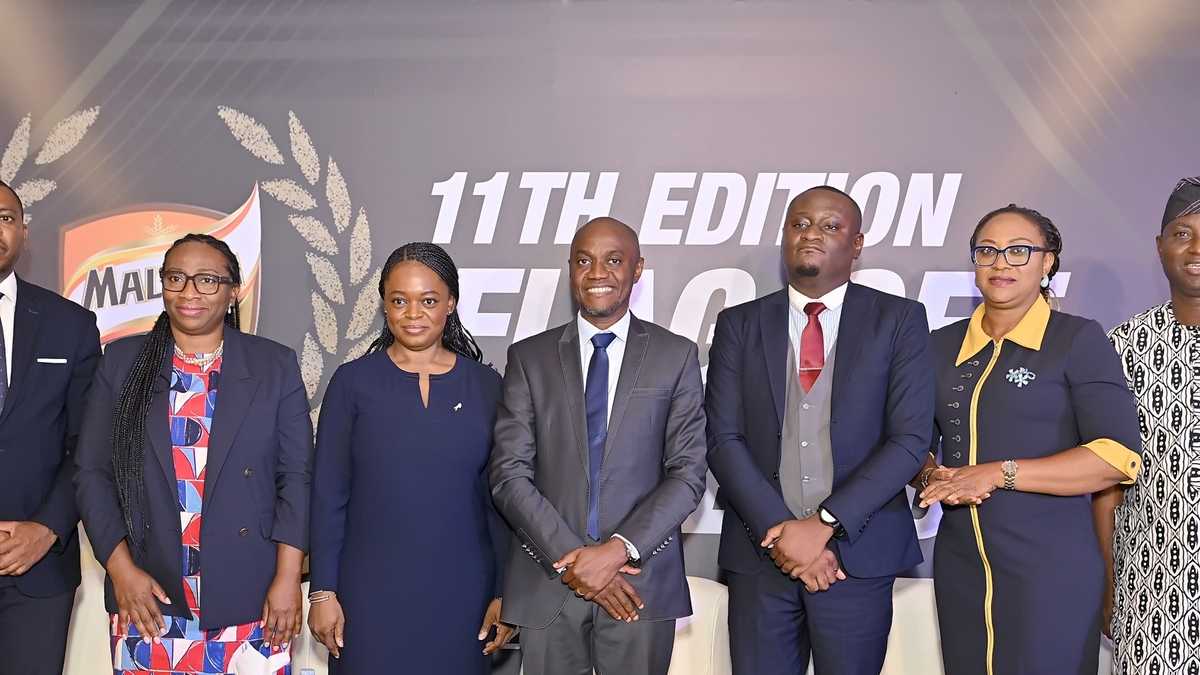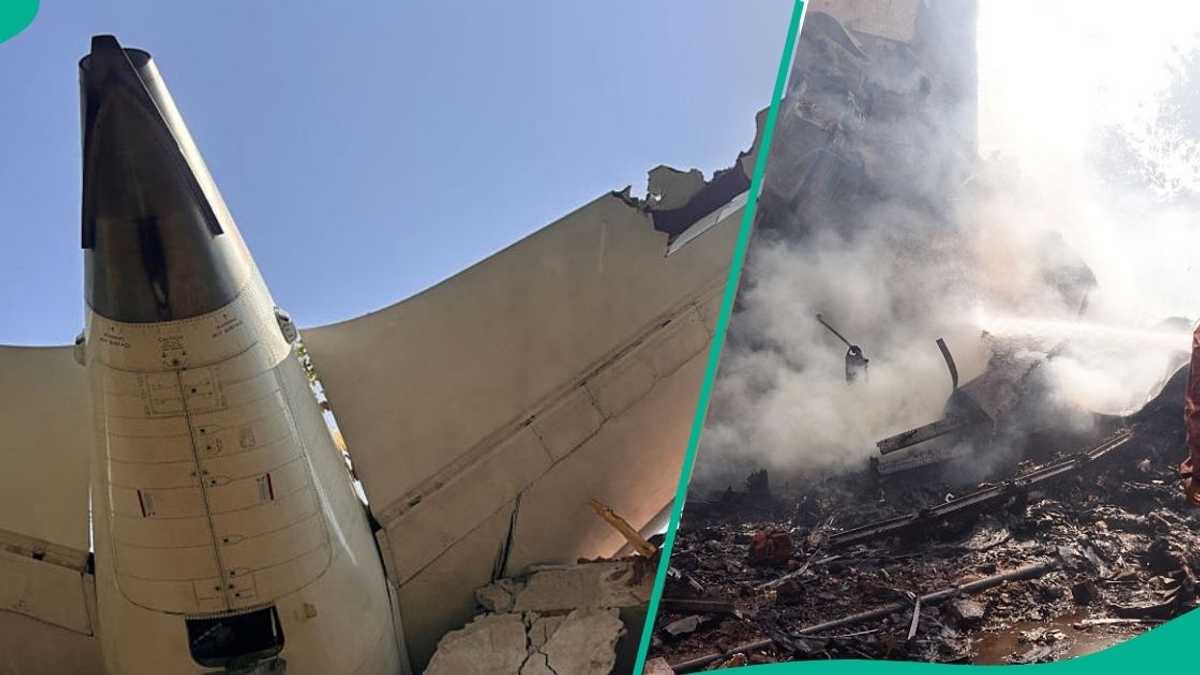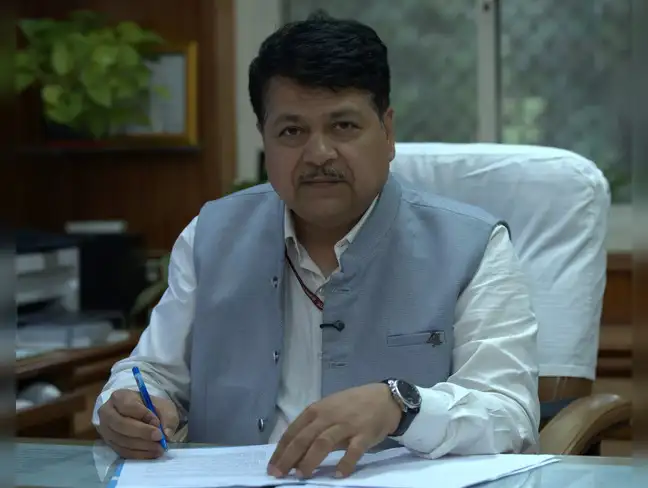 ET Online
ET OnlineAs India celebrates World MSME Day, Subhransu Sekhar Acharya, Chairman-cum-Managing Director of the National Small Industries Corporation (NSIC), reflects on the transformative journey of India’s MSME sector—from supporting rural artisans to powering space missions. In a candid conversation with ET Digital, Acharya outlines NSIC’s role in aligning with flagship government schemes, fostering digital entrepreneurship, and skilling youth through cutting-edge industrial technologies. He asserts that MSMEs will be the backbone of a Viksit Bharat, positioning India to lead the 21st century. Edited excerpts:
NSIC is an organization that has a 70-year-old legacy, and you can say that it has witnessed India’s development journey. If you are talking about the MSME sector, which was earlier the small industry sector, I can sum it up in just two words: from Charkha to Chandrayaan. In the initial days, our focus was rural industries. But while we consolidate our base in the rural sector, our MSME sector has evolved to, in fact, be a catalyst in the country's growth in its space missions. So, our MSME sector today is truly agrani, adhunik, and Aatmanirbhar. The MSME sector today stands tall among all sectors contributing to India’s dream of Viksit Bharat. The large industry sector has a job potential, but it is limited. Every year, about 15 million people graduate from our universities and colleges, but we cannot truly provide jobs for all of them. So, it is the MSME sector that has this potential to constructively engage our youth in job-providing activities, in value-creating activities, and in making everyone add value in our march towards becoming a developed nation. If we are dreaming about a Viksit Bharat by 2047, we must ensure that everybody adds incremental value addition, even in their existing activities. The Government of India, through its various aspirational schemes—whether it is PM Vishwakarma Yojana, PM SVANidhi, or others—is targeting that everybody doing something adds incremental value so that the sum total propels India to developed nation status. We are fortunate to be part of many of the government initiatives. PM Vishwakarma is a very aspirational scheme that envisages bringing entrepreneurship to traditional activities. We have our shilpakars, sonars, and lohars—but how to add value by making them entrepreneurs? So NSIC is participating in that in its own way. The Government of India has launched a programme called the MSME Trade Enablement and Marketing (TEAM) scheme, where we are in the process of onboarding 500,000 MSMEs on digital market platforms, and 50% of them we are targeting to be women entrepreneurs.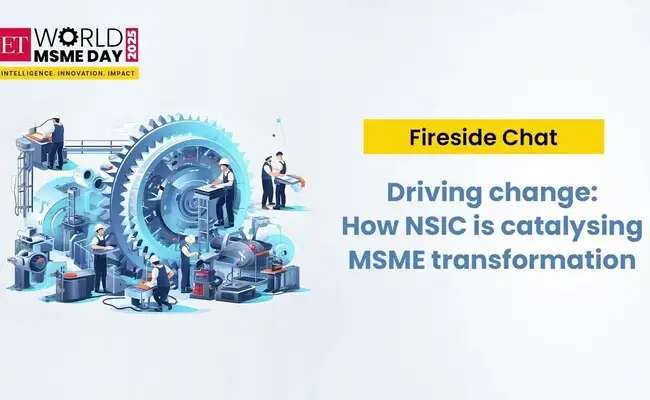
Problems that MSMEs face are multi-dimensional. One of them is the lack of adequate skilled manpower to man the shop floors of MSMEs. Today we can possibly install a machine, but then we do not have skilled hands to run those machines. At NSIC, through our technology centres, we are making skilled manpower available by providing them skills in various modern industrial technologies. Then we have incubation centres. We are talking about enterprise creation—that once an enterprise is created, we can develop it. But how do we bring together one mechanism where our youth, who are looking to do something, are skilled in trades of their choice, then given entrepreneurial training and hand-holding support to approach banks and link them to the market? Through our livelihood incubation centres, also called enterprise creation labs, we are training them in various trades, preparing business plans for them and submitting them to banks for credit support, and after they start producing something, linking them to the market.

NSIC is offering a range of modern technologies and Industry 4.0 solutions to help MSMEs adapt and grow. Our offerings include Smart Factory Solutions, Augmented Reality (AR), Virtual Reality (VR), CNC and VNC Machine Training, Solar Installation Technologies, Solar Pump Technologies, Electric Vehicle Technologies, and Robotics, etc. The goal is to create a skilled workforce capable of implementing these advanced technologies and helping MSMEs improve their productivity and market positioning.
The 21st century is going to be India’s century. The 19th century was of Europe, and the 20th century was possibly of the US. Our MSMEs are going to play a pivotal role in helping India acquire that space, acquire that leadership, and contribute to the vision of a Viksit Bharat. MSMEs are going to be the solid rock foundation for our Viksit Bharat dream. To the MSMEs, I will say: this is the best time to grow and touch the next level of success.
NSIC is an organization that has a 70-year-old legacy, and you can say that it has witnessed India’s development journey. If you are talking about the MSME sector, which was earlier the small industry sector, I can sum it up in just two words: from Charkha to Chandrayaan. In the initial days, our focus was rural industries. But while we consolidate our base in the rural sector, our MSME sector has evolved to, in fact, be a catalyst in the country's growth in its space missions. So, our MSME sector today is truly agrani, adhunik, and Aatmanirbhar. The MSME sector today stands tall among all sectors contributing to India’s dream of Viksit Bharat. The large industry sector has a job potential, but it is limited. Every year, about 15 million people graduate from our universities and colleges, but we cannot truly provide jobs for all of them. So, it is the MSME sector that has this potential to constructively engage our youth in job-providing activities, in value-creating activities, and in making everyone add value in our march towards becoming a developed nation. If we are dreaming about a Viksit Bharat by 2047, we must ensure that everybody adds incremental value addition, even in their existing activities. The Government of India, through its various aspirational schemes—whether it is PM Vishwakarma Yojana, PM SVANidhi, or others—is targeting that everybody doing something adds incremental value so that the sum total propels India to developed nation status. We are fortunate to be part of many of the government initiatives. PM Vishwakarma is a very aspirational scheme that envisages bringing entrepreneurship to traditional activities. We have our shilpakars, sonars, and lohars—but how to add value by making them entrepreneurs? So NSIC is participating in that in its own way. The Government of India has launched a programme called the MSME Trade Enablement and Marketing (TEAM) scheme, where we are in the process of onboarding 500,000 MSMEs on digital market platforms, and 50% of them we are targeting to be women entrepreneurs.

As India celebrates World MSME Day, Subhransu Sekhar Acharya, CMD, the National Small Industries Corporation (NSIC), emphasized that the country's MSMEs will be the backbone of a Viksit Bharat, positioning India to lead the 21st century globally.
Problems that MSMEs face are multi-dimensional. One of them is the lack of adequate skilled manpower to man the shop floors of MSMEs. Today we can possibly install a machine, but then we do not have skilled hands to run those machines. At NSIC, through our technology centres, we are making skilled manpower available by providing them skills in various modern industrial technologies. Then we have incubation centres. We are talking about enterprise creation—that once an enterprise is created, we can develop it. But how do we bring together one mechanism where our youth, who are looking to do something, are skilled in trades of their choice, then given entrepreneurial training and hand-holding support to approach banks and link them to the market? Through our livelihood incubation centres, also called enterprise creation labs, we are training them in various trades, preparing business plans for them and submitting them to banks for credit support, and after they start producing something, linking them to the market.

NSIC is offering a range of modern technologies and Industry 4.0 solutions to help MSMEs adapt and grow. Our offerings include Smart Factory Solutions, Augmented Reality (AR), Virtual Reality (VR), CNC and VNC Machine Training, Solar Installation Technologies, Solar Pump Technologies, Electric Vehicle Technologies, and Robotics, etc. The goal is to create a skilled workforce capable of implementing these advanced technologies and helping MSMEs improve their productivity and market positioning.
The 21st century is going to be India’s century. The 19th century was of Europe, and the 20th century was possibly of the US. Our MSMEs are going to play a pivotal role in helping India acquire that space, acquire that leadership, and contribute to the vision of a Viksit Bharat. MSMEs are going to be the solid rock foundation for our Viksit Bharat dream. To the MSMEs, I will say: this is the best time to grow and touch the next level of success.
